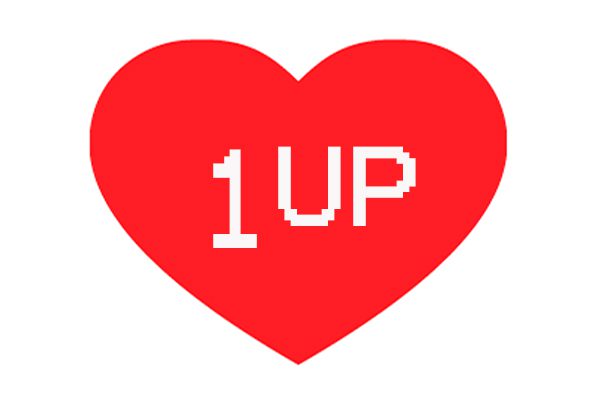Would you like to add one and a half years to your life? Of course.
The short answer is by walking for half an hour 5 days a week you can add one and a half years to your life. And here is the kicker if you do more than half an hour you can more than double your additional life expectancy.
Now walking for more than an hour a day appeals to everyone, so the question asked by Freakonomics Radio was what is the most best (or really efficient) form of exercise. You can find the full podcast of this episode here.
If you are not familiar with Freakonomics, it is basically an economist view of the world and trying to find the answers to things looking at hard numbers and data.
The main point that was being made is that trying to find the best or most efficient exercise in general may not be the most effective for every individual. Just because you burn the most calories doesn’t make it the best if you stop doing it after two weeks. The best outcomes are achieved by setting goals to work towards and finding something you enjoy.
By setting goals you have something to work towards and motivate you, whether it is short term or much farther out. Being able to jog 5km or running the New York or Kyoto Marathon. We can measure how much we have improved and spur ourselves on to working harder. And if you don’t enjoy what you are doing, how are you going to find the time, or get out of bed that little bit earlier.
Daily activities and recreational pursuits also provide part of the exercise you need to get more time out of life. Metabolic Equivalence of Task Score (METS) gives a rating for what certain activities provide in terms of an exercise output, or what you burn by doing regular activities. For example playing golf is a 3.75, watching baseball is a 1.5, yoga is a 3, practicing marital arts is a 10. Similarly indoor maintenance is a 3.5, architectural work 1.64, walking to school is a 4 and riding your bike to work is an 8.
There are three things you should consider when trying to find the right exercise for you to get more out of life; intensity, individualisation, appeal.
Intensity looks at how much time you have. If you don’t have a lot of time ramp up the output. Interval exercise provides the same results as exercise don’t at a consistent rate of a much longer time period. For example a 1 minute sprint on a bike followed by a 1 minute peddle repeated 10 times, can have the same impact as a 90 minute bike ride at a moderate pace. But the sprint has to be hard, those intense intervals have to hurt, not just be a bit fast.
Individualisation means that whatever you choose to has to be right for you. Just because everyone is out there doing bike rides and park runs doesn’t mean you have to join then. If you don’t feel good doing it and your body can’t get the most out of it. If it can’t be adapted to suit you, then you will probably lose interest or get frustrated. Try lots of things until you find what works for you.
Lastly you have to like it. There is no point going for a half hour walk everyday if you don’t enjoy it and are not continually going to do it. Also you don’t need to be married to any particular exercise, mix it up, do something different every day of the week. Try activities that work towards different elements that reach your overall goals.
Go on get out there and add time and quality to your life.


